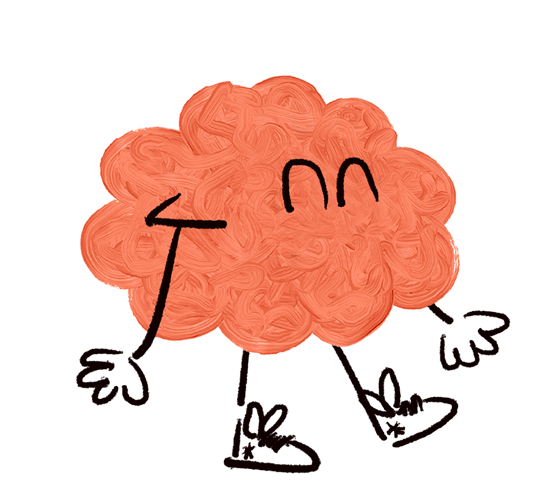Symptoms of Post-traumatic stress disorder (PTSD) can sometimes appear straight after the situation has happened or it can take some time for them to appear. Symptoms mainly include flashbacks from the event and possible nightmares. You may also feel frightened of it happening again and avoid certain situations in your life. This can also have an impact on your sleep and cause anxiety or depression.
If you are struggling with PTSD or need some help after experiencing something really frightening, the first step is to talk to somebody that you trust. If you speak to a trusted adult, they might suggest that you see your GP or School Nurse who may then refer you to your local Child and Adolescent Mental Health Service (CAMHS).
If you would prefer to speak to someone anonymously there are services available to you such as Kooth which is an online service where you can speak anonymously to a professional for support www.kooth.com. You can also text a Bolton School Nurse for free on 07507 331753
There are also services such as the Samaritans which offers support, Childline where you can confidentially call 0800 11 11 and The Mix which offers online information as well as a helpline and chat service 0808 808 4994. You can also text “SHOUT” to 85258 to contact the shout crisis text line if you are under 19.

Mind provide an overview of symptoms and treatment of PTSD including useful contacts for more support
PTSD UK have shared the experience of a young person with PTSD
The UK Trauma Council have created an animation to describe what PTSD is
Mind have published a video of young adults sharing their experience of PTSD
Local information about services available to support your mental health
Mind have produced a downloadable guide on what post-traumatic stress disorder (PTSD) is, including possible causes and how you can access treatment and support. Includes tips for helping yourself, and guidance for friends and family.